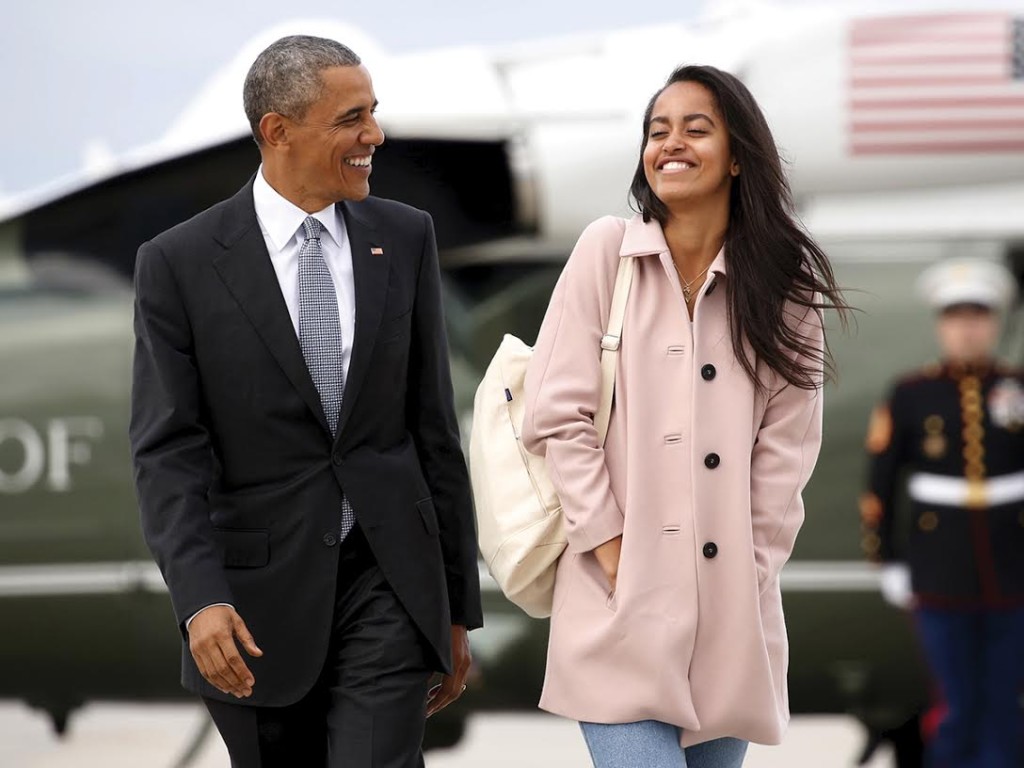
The White House recently announced first daughter Malia Obama’s plans following her high school graduation this spring. In addition to her intent to enroll at Harvard, it was announced that Malia would be taking a gap year before officially starting classes in the fall of 2017. While Malia’s plans for the gap year are not known to the public, this announcement has sparked a nationwide debate as to whether high school graduates should take a year off from academics prior to matriculation at their chosen college or university.
Some would say that the gap year is a bad idea, as it deters students from academics and thrusts them directly into the workforce without a college degree. However, the gap year is a great idea as long as a high school graduate has committed to a college or university and they have their gap year planned out from beginning to end. This means that a student may, for example, have an internship or two lined up, have plans to backpack through Europe or volunteer at a nonprofit organization.
A gap year is focused, not only on taking a brief break from academia, but also on the life experience one gains outside of an academic environment and how a student has matured from their experience. The gap year should be a part of the higher education process, and a very progressive one, because it allows the student to gain insight into how life functions outside of an academic environment. According to U.S. News and World Report, a gap year helps students “to fill in what they haven’t learned in school … It’s about the skill set you need to live your life.” This means that one learns to make their own decisions, figure out what they want to do with their life and to figure out a way to make that happen during their gap year.
It’s important to be sure of what one wants because once a person gets to college, they won’t have too much time to figure out what’s next and whether what they are pursuing is the right thing for them. This cannot be taught by instructors nor fully realized by students in a classroom setting. Rather it is only achievable through hands-on, real-world experience.
In addition to real-world experience, a gap year can contribute to a student’s success in college. Upon returning from their year off from academics, a student may feel a sense of renewed motivation to work toward their academic goals because of what they saw and experienced in the world outside of academia. Students who take a gap year have the benefit of of seeing how the world really works outside of school and what it truly takes to succeed out in the real world.
However, many believe the gap year to be an option only for the wealthy and affluent, but it’s important to remember that the gap year isn’t just for those who can afford to travel or volunteer abroad. There are many options out there that don’t require a student or their parents to sacrifice their financial well-being. Options range from volunteering your time at a nonprofit organization to learning how to play an instrument and working full-time at a ranch. The options are endless for what one can do in a year and the valuable lessons and skills one can gain from their gap year make taking the year off worth it.
So should the UC allow incoming freshmen to defer enrollment for a year before matriculating? Absolutely. Right now the UC doesn’t allow incoming students to defer their enrollment in favor of a gap year. But more and more universities are allowing their incoming freshmen to take a gap year prior to starting their freshman year and some are persuading students to do so for the benefit of their education. Perhaps the UC system could implement a program that allows a select number of incoming freshmen to take a gap year if they choose to do so. Such a program can require that students keep the university updated on the happenings of their gap year on a monthly basis and a reflection paper on their experience.
There really is no solid reason why the UC shouldn’t allow students to defer their enrollment. After all, the UC is invested in its students’ academic and, to some extent, professional prospects, right?
Although Malia isn’t the only high school graduate to take a gap year, other high school graduates across the nation will be deferring enrollment at their chosen college or university this year. This trend will continue growing in the U.S. for years to come as the benefits of taking a gap year become obvious. So if you’re thinking of taking a year off before starting graduate school, do it.








